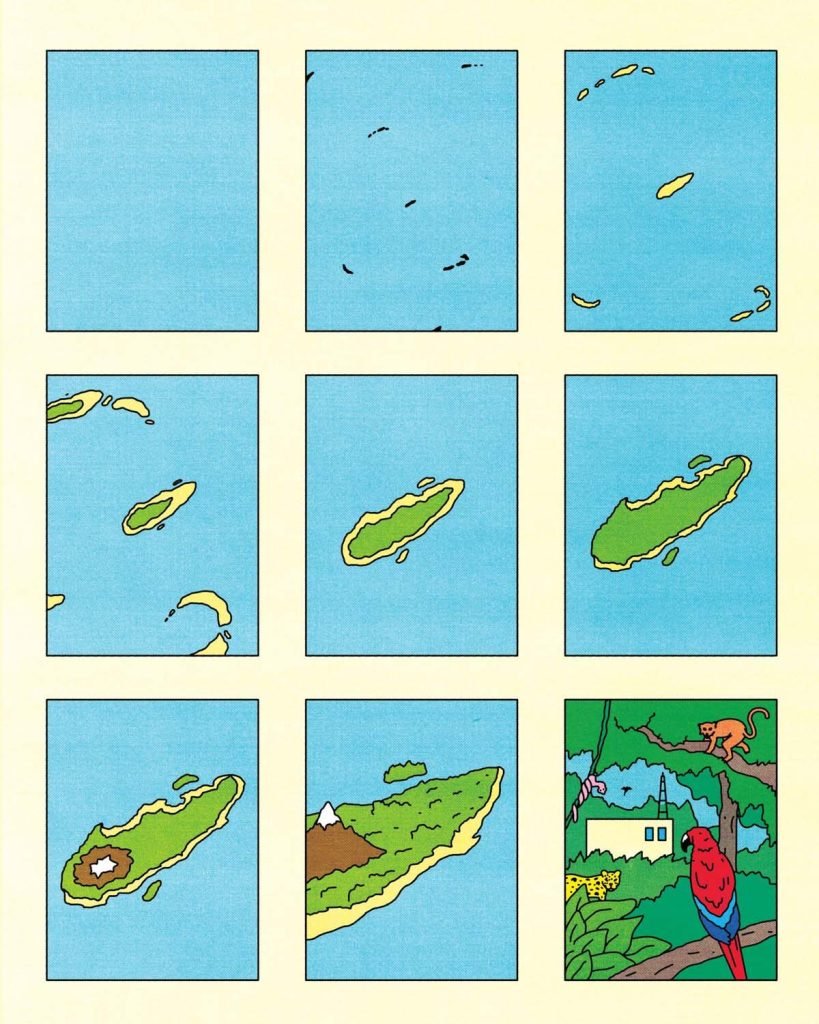This idea must die: “Small island economies aren’t worth investing in”
Dr Nazia Habib says we must focus on the potential – not the challenges – of isolated island communities.
They may be tiny in size, but small island developing states (SIDS) – countries identified by the UN in 1992 as having unique social, economic and environmental challenges – play a crucial part on the world stage. The islands’ geographical isolation, however, leads to a perception that it’s hard to undertake sustainable – and sustained – economic development there. The focus, in other words, is on what isn’t, rather than what is. But why not look at what SIDS can offer – to their citizens, to investors, to the global economy and to meeting global challenges?
Their cultural resources and indigenous knowledge provide living laboratories for researchers to learn about sustainable practices
For example, these islands manage 22 per cent of the world’s Exclusive Economic Zones – ocean zones where a coastal nation has jurisdiction over living and non-living resources – including seven of 10 coral hotspots. Their cultural resources and indigenous knowledge provide living laboratories for researchers to learn about sustainable practices, while their language, culture and history make them some of the most culturally diverse areas in the world.
These nations have demonstrated significant agency and moral leadership in international affairs to influence global diplomacy, especially regarding climate change. And although their land mass may be small, their power over the sea is not. The 1982 UN Convention on the Law of the Sea allows SIDS to claim rights over vast marine territories.
Thus, small islands challenge traditional notions of state size and power. The legal maritime framework endows these states with significant quasi-territorial rights over a substantial portion of the world’s oceans. (And as ongoing negotiations over the extended continental shelf continue, the scope of coastal states’ sovereign rights is set to expand further.)

These islands, therefore, should be significant players. Yet our work – kindly funded by the Commonwealth Secretariat – has shown that they face numerous barriers in accessing finance: there is a perceived or actual lack of opportunity for investable projects, due to a range of factors including small populations and a limited range of resources; limited scale and capacity that drive up the cost of receiving and managing funds; and the fact that power and agency lie with donors and multilateral organisations, not SIDS or direct beneficiaries.
Furthermore, development assistance such as loans – not grants – adds to the debt burden. And the impacts of climate change and other environmental issues create a dynamic risk profile for the islands – while the length of time required to access international finance may simply not match the time frames within which investment is needed by SIDS to respond to their ever-changing environment.
Our work – Their Future, Our Action – aims to change this. The Small States Policy Simulation Labs Project is a collaboration between the Commonwealth Secretariat and the Centre for Resilience and Sustainable Development, focused on achieving sustainable development, good governance and responsible innovation. Using net zero methodology, we gathered information and data virtually from around 5,000 young people, using more than 15,000 expert interview hours across the Commonwealth member countries to inform our hypothesis. And we have developed the Common Pool Asset Structure System (COMPASS) proposal to help SIDS overcome two systemic barriers in accessing finance: the small size of the individual SIDS economies and communities; and their disproportionate exposure to climate change impacts and global financial conditions.
Collaboration, co-operation and adaptation have been key to the survival of islander peoples for thousands of years. This has been reinforced by the upheaval and changes brought to the islands through colonisation, modernisation and geopolitics. COMPASS will enable islands to build collaborative, investable large-scale projects, implemented simultaneously across multiple jurisdictions to address common challenges.
It enables SIDS and investors to pool their risk and generate sustainable development goals-themed projects, beyond what would be possible with single-jurisdictional investment approaches. It gives them, in short, umbrella credibility. As proof of concept, the collaboration has already secured collective non-debt financing of youth training projects through a $10m private sector investment in digital training and health programmes in the Caribbean.
When we challenge the accepted narrative, we see the potential in these islands, rather than their problems. They are sites of globally significant cultural, economic and ecological resources. They need and deserve adequate investment in their stewardship of these things which matter so much – to citizens of big and small nations alike.
Dr Nazia Habib is Founder and Research Centre Director for the Centre for Resilience and Sustainable Development.
 CAM
CAM

